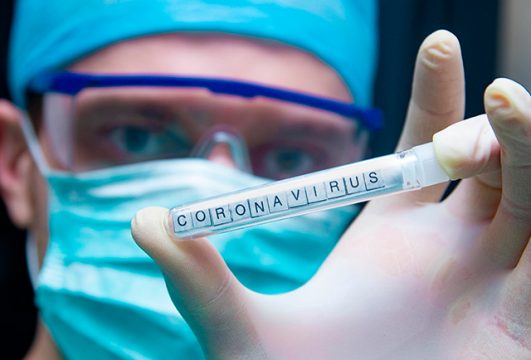With the results of the main vaccines published in leading journals, summarizing each of them is relevant in order to inform our patients.

Considering the differences in efficacy, safety, logistics, and subjective confidence according to the origin of each of them, having robust information to provide informed advice was a must.
Today, we will analyze the vaccine made by Moderna, a lipid nanoparticle–encapsulated mRNA-based vaccine that encodes the spike protein of SARS-CoV-2, the virus that causes COVID-19. This paper was recently published in NEJM.
This phase 3 randomized, blind, placebo-controlled trial was conducted at 99 centers across the United States. Individuals at high risk of infection were randomly assigned to receive two intramuscular injections of mRNA-1273 (100 μg) or placebo. Doses were administered 28 days apart.
The primary endpoint was prevention of COVID-19 infection at least 14 days after receiving the second dose for participants who were not previously infected.
Read also: Coronary Access After TAVR: A Potential Problem Ahead.
The trial enrolled 30,420 volunteers who were randomized 1:1 to either the vaccine or a placebo.
Over 96% of the population received both doses and 2.2% had serological evidence of past infection at baseline.
Symptomatic infection with COVID-19 was confirmed in 185 participants in the placebo group vs. 11 participants in the vaccine group, resulting in an efficacy of 94.1% (95% confidence interval: 89.3 to 96.8%; p < 0.001).
Efficacy was similar in the secondary analyses, including assessment 14 days after the first dose, participants who had evidence of previous infection, and participants 65 years of age or older.
Read also: The Most Read Articles of January in Interventional Cardiology.
Severe cases of the disease occurred in 30 participants, with one fatality; all were in the placebo group.
After vaccination, transient moderate effects occurred more frequent in the vaccine group. Severe events were rare and similar between groups.
Conclusion
The mRNA-1273 vaccine (Moderna) showed a 94.1% efficacy in the prevention of COVID-19, including severe disease. Aside from transient local or systemic reactions, no safety concerns were identified.
modernaOriginal Title: Efficacy and Safety of the mRNA-1273 SARS-CoV-2 Vaccine. For the COVE Study Group.
Reference: L.R. Baden et al. N Engl J Med. 2021 Feb 4;384(5):403-416. doi: 10.1056/NEJMoa2035389.
Subscribe to our weekly newsletter
Get the latest scientific articles on interventional cardiology





